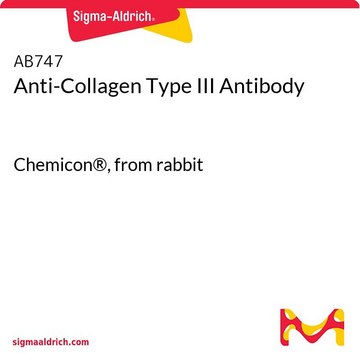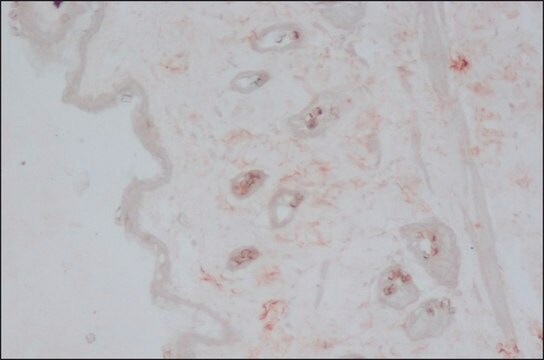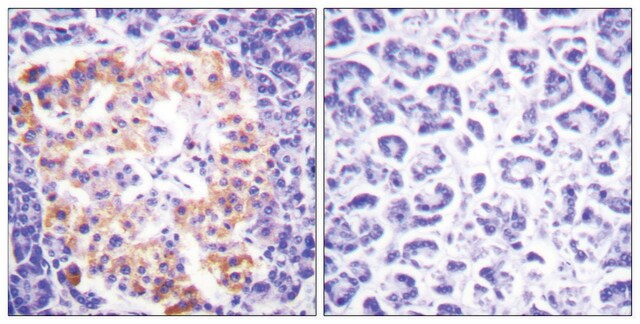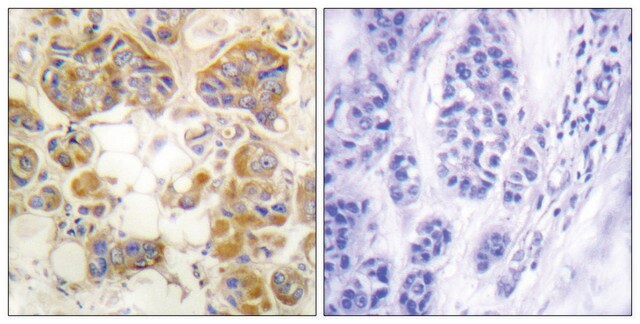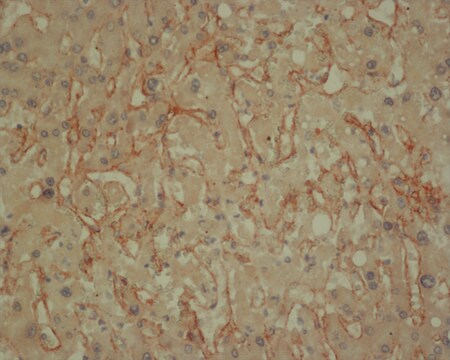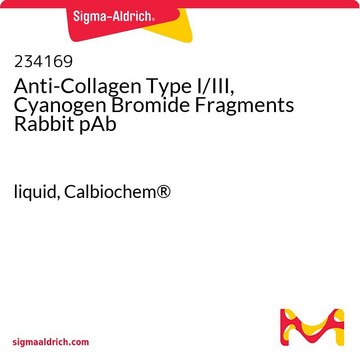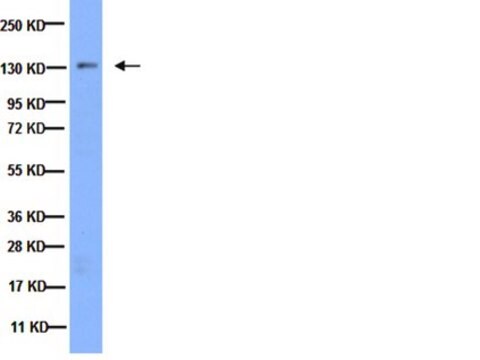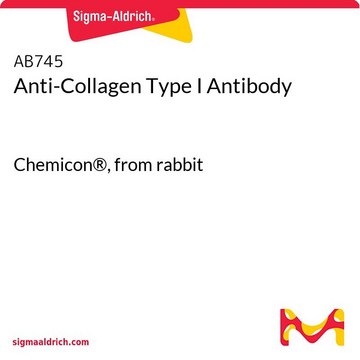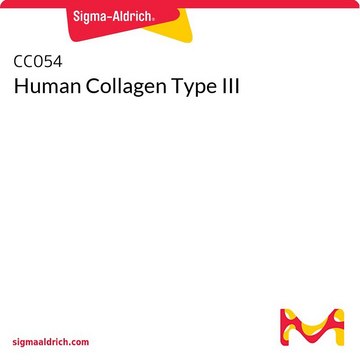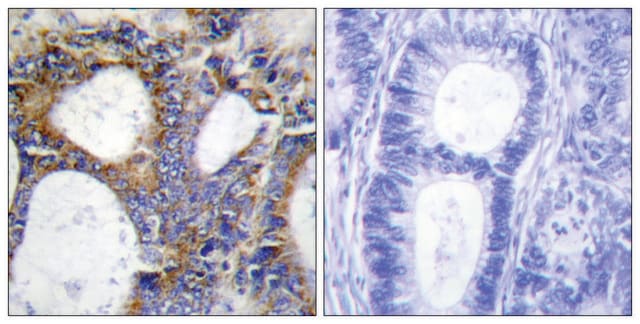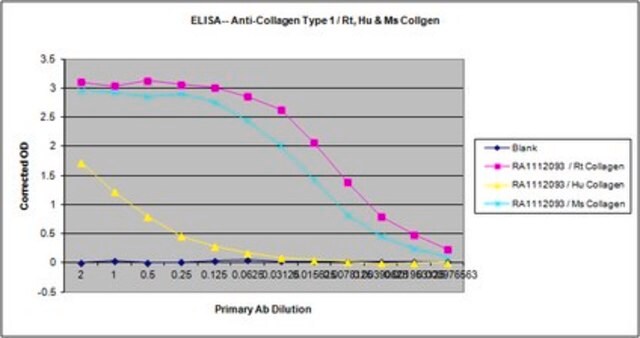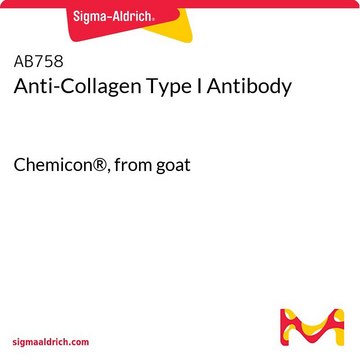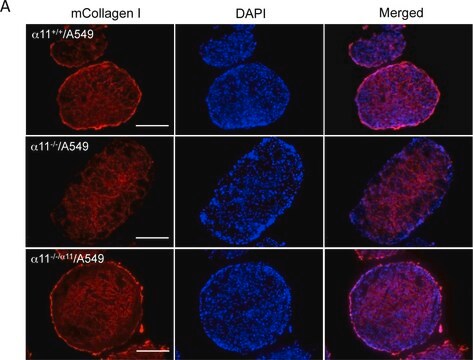おすすめの製品
製品名
モノクロナール抗コラーゲン, III型 マウス宿主抗体, clone FH-7A, ascites fluid
由来生物
mouse
結合体
unconjugated
抗体製品の状態
ascites fluid
抗体製品タイプ
primary antibodies
クローン
FH-7A, monoclonal
分子量
antigen 70 kDa
含みます
15 mM sodium azide
交差性
human, rat
テクニック
dot blot: suitable
immunohistochemistry (frozen sections): 1-4,000 using frozen sections of human skin
indirect ELISA: suitable
western blot: suitable using a denatured-reduced preparation
アイソタイプ
IgG1
UniProtアクセッション番号
輸送温度
dry ice
保管温度
−20°C
ターゲットの翻訳後修飾
unmodified
遺伝子情報
human ... COL3A1(1281)
rat ... Col3a1(84032)
詳細
特異性
免疫原
アプリケーション
生物化学的/生理学的作用
免責事項
適切な製品が見つかりませんか。
製品選択ツール.をお試しください
保管分類コード
10 - Combustible liquids
WGK
WGK 2
引火点(°F)
Not applicable
引火点(℃)
Not applicable
適用法令
試験研究用途を考慮した関連法令を主に挙げております。化学物質以外については、一部の情報のみ提供しています。 製品を安全かつ合法的に使用することは、使用者の義務です。最新情報により修正される場合があります。WEBの反映には時間を要することがあるため、適宜SDSをご参照ください。
Jan Code
C7805-100UL:
C7805-BULK:
C7805-0.2ML:
C7805-VAR:
C7805-.2ML:
最新バージョンのいずれかを選択してください:
この製品を見ている人はこちらもチェック
ライフサイエンス、有機合成、材料科学、クロマトグラフィー、分析など、あらゆる分野の研究に経験のあるメンバーがおります。.
製品に関するお問い合わせはこちら(テクニカルサービス)
